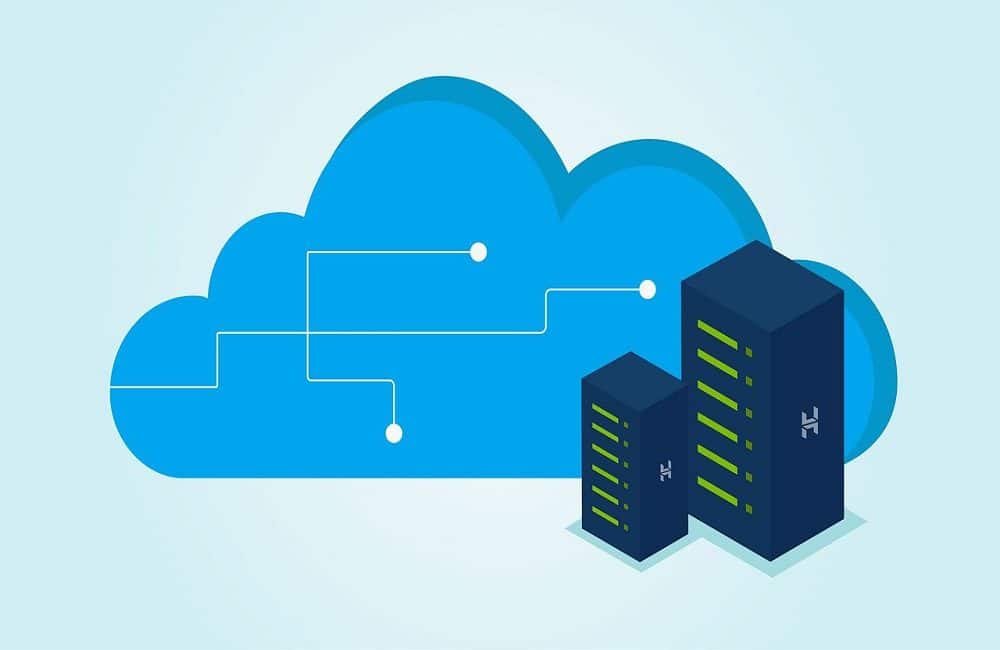Businesses of all sizes rely on information and data to run their business and drive profitable growth. While in-house servers and hard disk drives help compile and store this data, it comes with maintenance costs and excess fees that may be difficult to justify for small businesses.
Instead of opting for in-house servers, an alternative that has been on the rise in recent years is colocation. Colocation is the process of housing servers and other equipment in a dedicated data facility. These facilities feature a host of benefits that make them more advantageous for businesses, such as better bandwidth, physical security measures, and higher connectivity options.
As the demand for heightened security protocols continues to grow, so does the need for data facility providers. Here are a few reasons why colocation services continue to be invaluable to businesses.
1) Dedicated Maintenance
Think about it: when was the last time your computer’s cooling system has been thoroughly cleaned? If you have in-house servers, then chances are maintaining your hardware’s tidiness isn’t a priority. But by forgetting to properly maintain these systems, you run the risk of decreased performance and permanent damage – which can slow down operational processes.
Data centres are always ahead when it comes to keeping their hardware clean and up-to-date. Not only do they have air filtration systems that remove any dust or debris that may impede performance, but these centres also periodically monitor the power and cooling of their servers. This means that you get to enjoy optimal performance without having to worry about system upkeep.
2) Physical Security
You may have taken measures to prevent data breaches in your office, but are these security features enough? When housing your servers on-premises, you need to consider the physical security of your building as well. If an intruder were to break into your office, they would have direct access to your servers—and the confidential data stored within them.
Data centres, on the other hand, have round-the-clock security guards and surveillance cameras to protect against any physical threats. These centres also typically require keycard access and biometrics to enter, further bolstering security. Compared to rented office space, entrusting colocation with Macquarie Data Centres or other data centres can give you peace of mind knowing that your equipment is well-protected.
3) Scalability
As your business grows, your IT needs will grow alongside it. This may include an increase in server capacity or additional software to support new processes.
With in-house servers, you would need to allocate more space to house this new equipment. This can be costly, as you may need to renovate your office or lease a larger space.
Colocation, on the other hand, offers much more scalability. When you need to increase your server capacity, you can simply lease more space from the data centre for a higher fee. This is a much more cost-effective solution, as it doesn’t require any office renovations or moving costs.
4) Speed and Performance
The speed of your internet connection can greatly affect the performance of your business. Even with business Wifi plans, you’re still sharing bandwidth with other devices around your office’s block, which can chip away at your bandwidth and decrease employee productivity over time.
On the other hand, data centres feature high-speed internet connections with low latency. This ensures that your business will always have the bandwidth it needs to function optimally. In addition, data centres typically have multiple backbone providers, which makes them more reliable compared to on-premises servers.
5) IT Staff on Hand
When you house your servers on-premises, you need to have a team of qualified IT staff to manage and maintain them. This can be costly, as you need to not only pay these employees’ salaries but also provide them with the necessary training.
With colocation, you can outsource your IT needs to the data centre. These centres have a team of qualified IT professionals who can manage and maintain your servers for your growing business. This not only saves you money on salaries and training, but it also frees up your employees to focus on other tasks.
6) Around-the-Clock Power Supply
You may think that your office’s backup generator is enough to keep your servers running in the event of a power outage. However, backup generators typically only have enough power to run for a few hours—and this may not be enough time to get your servers back online.
Data centres, on the other hand, have a constant power supply due to backup sources of power like multiple power grids, battery-powered sources, and generators. This means that your servers will always be up and running, even in the event of a power outage.
7) Reliability
When your business goes offline, a lot of money-making activities come to a grinding halt. This is why it’s crucial to have a reliable IT infrastructure in place.
On-premises servers are susceptible to power outages, hardware failures, and other issues—which can be costly to fix.
Data centres, on the other hand, are much more reliable. These centres have state-of-the-art servers and high levels of protection, all stipulated in their SLAs, that provide business owners with peace of mind.

